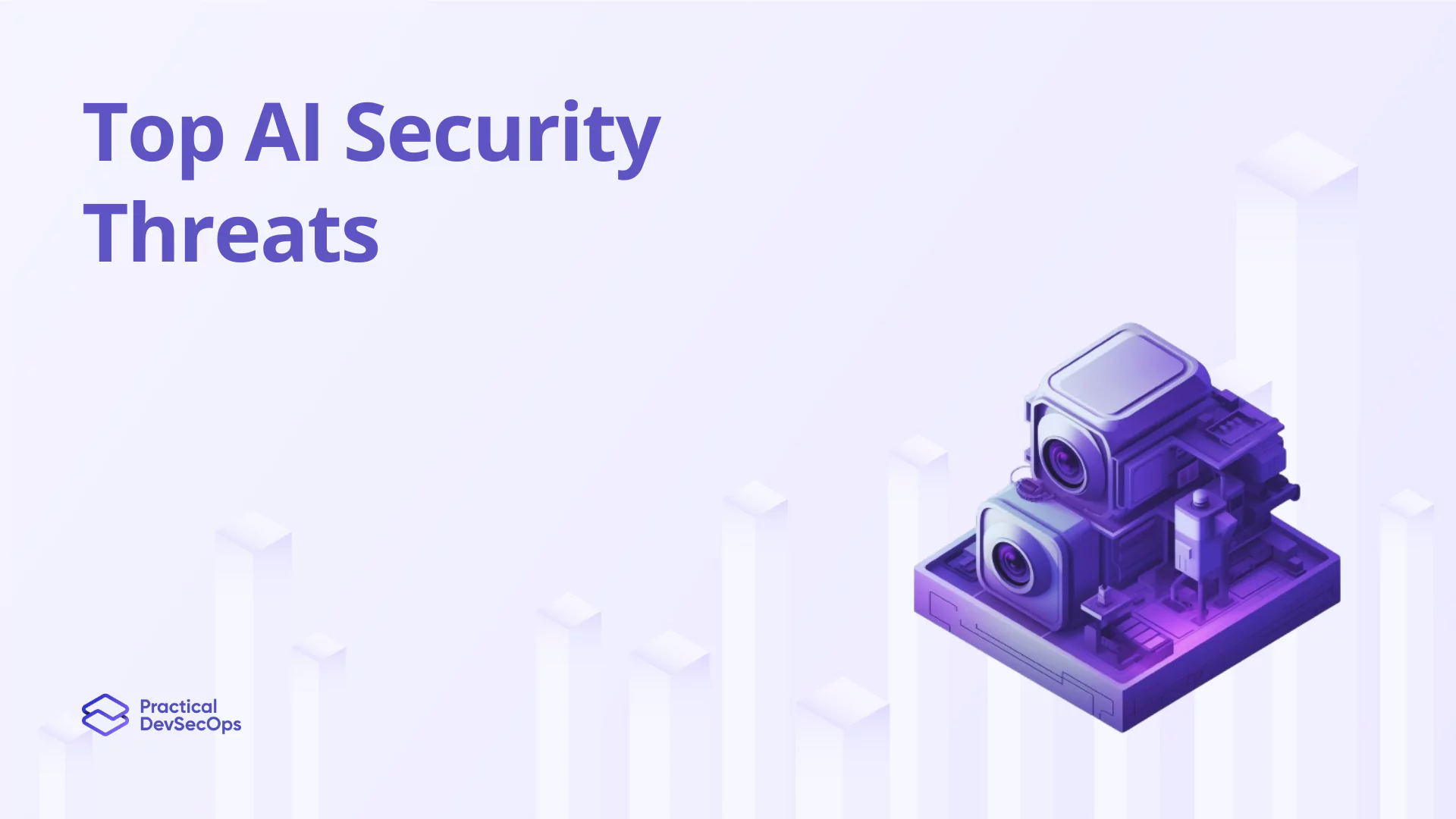Nowadays, organizations are more worried about software supply chain security risks. This risk must be assessed and mitigated successfully to protect assets and the integrity of investments. In this post, we will address some strategies on how to find vulnerabilities and add strong countermeasures in the software supply chain.
Also read about our Top 25 Software Supply Chain Security Interview Questions and Answers
Software Supply Chain Security Risks
Software supply chain security risks can be realized when vulnerabilities in third-party components, dependencies, and processes are targeted. This exposes risks like unauthorized access, data breaches, and severe operational disruptions. Overcoming these obstacles demands a thorough, full-scope view of the most likely and potentially harmful risks.
You can also Download our Free PDF Safeguarding Software Supply Chains in the Digital Era
The Key Phases to Assessing Software Supply Chain Security Risks
- Inventory and Mapping: Begin by creating a comprehensive inventory of all software components, dependencies, and third-party services integrated. This full supply chain mapping aids in scope creation and identification of potential attack points.
- Threat Analysis: Conduct a complete risk evaluation, discovering and selecting weaknesses. Assess the criticality of components, breach impact, and exploit likelihood.
- Vendor Assessment: Assess the security policies of your vendor and third-party providers. Make sure they are compliant with industry regulations and have strong security mechanisms. To keep a safe supply chain, it is important to conduct auditing and assessments regularly.
- Software Composition Analysis (SCA): This involves using SCA tools to scan for known vulnerabilities in pertaining software components. These tools make sure they know any deprecated or vulnerable libraries and dependencies.
- Threat Modelling: Implement threat modelling to predict attack vectors and vulnerability areas. This proactive approach leads to better-targeted mitigation strategies specific to those risks, aligned with your supply chain.
Also read about the Building a Resilient Software Supply Chain Security
Mitigating Software Supply Chain Security Risks
- Implement Strong Security Policies: Build and enforce comprehensive security policies that span the entire software development lifecycle. Make sure everyone knows the rules and follows them.
- Code Signing and Verification: Sign JARs to verify software components. A signed code means that modification of your code by any other source is not permitted.
- Continuous Monitoring: Deploy continuous monitoring tools and follow-ups to spot anomalies or threats early. This provides real-time monitoring, which helps in quick detection and response to security incidents.
- Security Testing Automation: Include automated security testing tools into your CI/CD pipelines. Consistent static and dynamic analysis, paired with dependency checks, are great tactics for an early vulnerability hook as the product is built.
- Patch Management: Establish a solid patch management process to avoid slowness in updates and security patches. Software component updates integrated into the build pipeline are a mitigation against known vulnerabilities exploitation.
- Education and Training: Regular training for your dev and security teams. It is important to have a part of their workweek dedicated to learning about the latest threats, best practices, and secure coding patterns.
Also read about the Role of Software Bill of Materials (SBOM) in Supply Chain Security
Conclusion
Evaluating and mitigating software supply chain security risks is essential for protecting your organization from potential threats. By implementing comprehensive risk assessment and mitigation strategies, you can secure your software supply chain effectively. For more in-depth knowledge and practical skills, consider enrolling in the Certified Software Supply Chain Security Expert (CSSE) course offered by Practical DevSecOps. Equip yourself with the expertise needed to lead in the field of software supply chain security. Join us and enhance your career today!






0 Comments